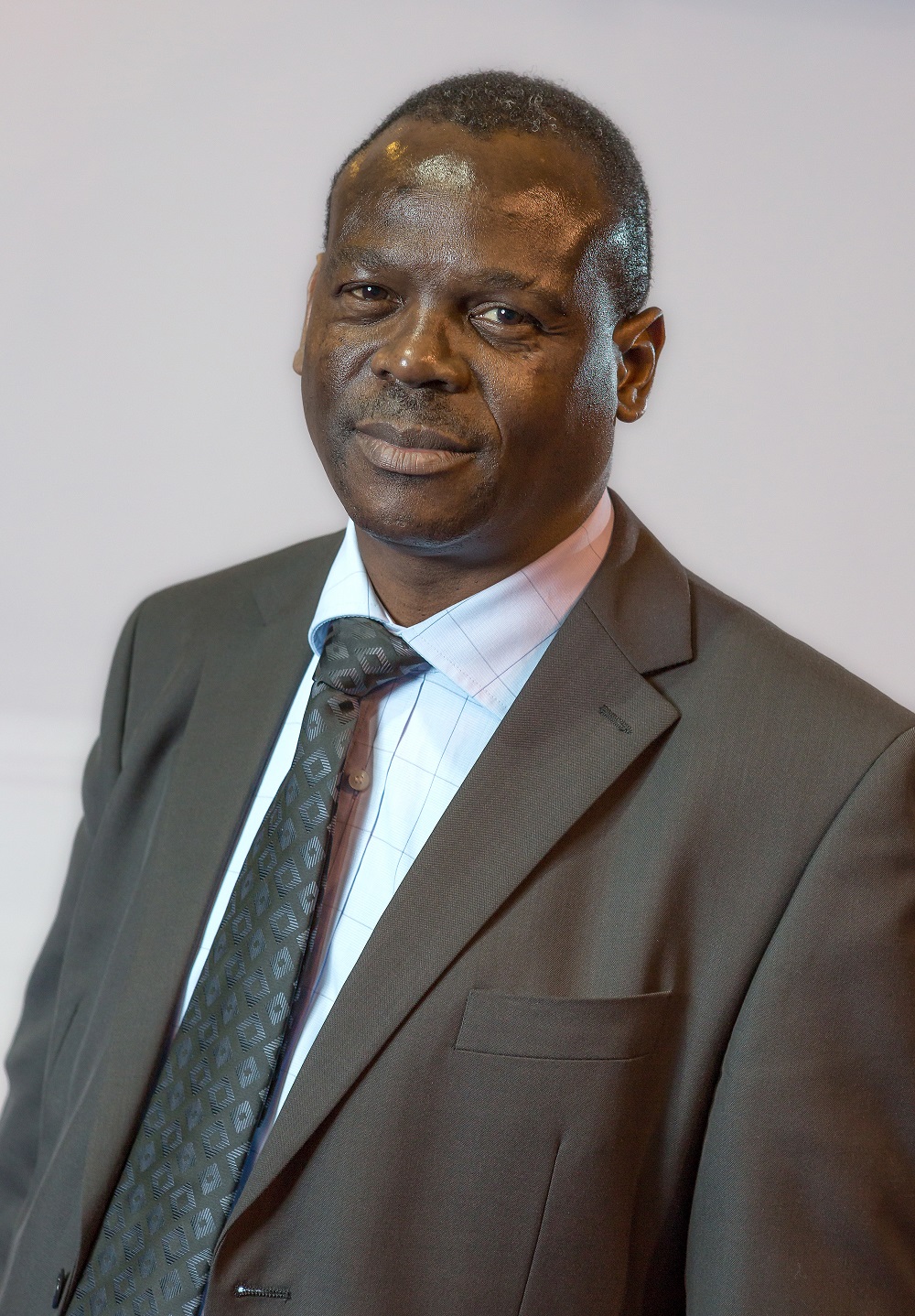Western Power Distribution, Britain’s biggest distribution network operator serving eight million households, has become the first DNO to pledge operational support to the nation’s 270-plus volunteer-run local power co-operatives.
In this second week of Community Energy Fortnight, the giant DNO announced this morning it will hire four community energy engineers to liaise over business plans with the 100-plus local co-ops active in its four licence areas, together stretching from Cornwall as far as The Wash.
Harnessing the credibility of grassroots co-ops in changing citizens’ beliefs about energy, in fighting climate change, and guiding them through complex, expensive licencing rules, are among reasons given by WPD for today’s landmark move.
Faithful Chanda, pictured, was named by WPD as the firm’s first community energy engineer.
He said: “The idea behind this new role is to provide support for communities, to help them navigate the complexities of the sector and ultimately turn their Net Zero ambitions into reality.
Besides 100 or so local groups already at various stages up to local generation, WPD expects another 150 could soon be organising and operating in its patch.
“We want to encourage more groups to connect solar, wind or hydro projects to the network”, said Chanda.
“My job is to help them understand they are not alone in that process”.
The four-strong WPD team’s marrying of their technical expertise to local knowledge, is key to the engineers’ remit.
Last year Britain’s 271 operating co-ops generated just over 500GWh of electricity, enough to power 174,000 homes. Twenty-three new solar, wind or hydro plants in community control came on stream, representing 7.6MW of new community energy capacity.
Under its five-year business plan to 2028, WPD has committed to connecting 30 new community energy groups every year to its network, more than doubling its previous tally. It also plans to hold sixty community energy surgeries a year.
Distributors and co-operatives co-operate
“The role of community energy engineers is important if the UK is to decarbonise by 2035,” said Faithful. “Communities and companies like WPD will have to work closely to ensure low carbon technologies are adopted to bring about the scale of change needed.”
Expert one-to-one advice with co-ops either operating or in embryo, signposting finance sources and making introductions, all feature among the skills of the new WPD appointees.
Set up as community benefit companies or industrial provident societies, energy co-ops differ from conventional firms, in that issues of operation and strategy are decided on a one-person, one-vote basis, not by the cash value of any individual’s stake.
Most co-ops require investors to commit their money for two years or longer. Around 217,000 individuals do so.
British energy localists complain that years of under-appreciation by Whitehall and by Westminster leaves Britain’s – and particularly England’s – citizen-led power sector falling far short of the potential achieved in Germany, Denmark and Nordic countries.
The continuing ban on selling their power directly to localities or their investors is the groups’ biggest bugbear. As many as 300 MPs have now declared the law must permit local sale.
2021 was community energy’s ‘most challenging’ year to date, umbrella groups across the home nations observed this month in their annual ‘State of the Sector’ analysis. The government’s removal of start-up grants targeting co-ops lead to a record number of co-ops reporting their projects as ‘stalled’, together totalling 68MW.
Interest declared: Your Energyst correspondent invests in three citizen-governed English local energy co-operatives.




